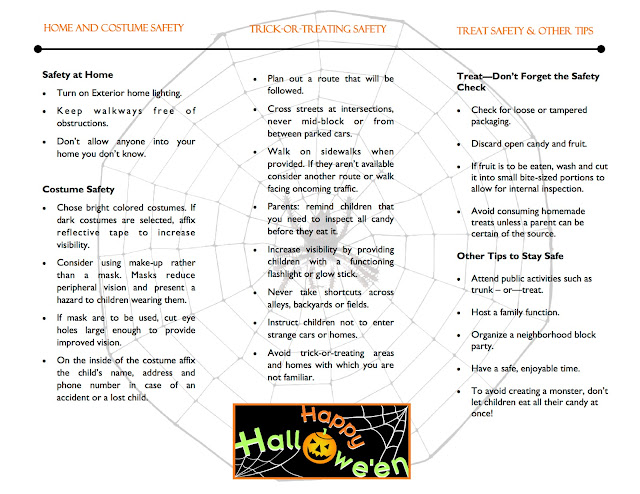Protect your
business in three easy steps
A business is only as safe as the tools it uses. One
of the best tools a business can use to protect its assets is commercial auto
insurance.
Understanding insurance can be tricky. One of the
first steps toward making an informed decision is to understand coverage and
service options. Here are three easy steps to help figure out your commercial
auto insurance needs:
1. Choose an
insurer with the right combination of price and service. Insurance isn’t just
about price. It’s about service, too. How are claims handled? How long will it
take to get your vehicle back on the road? Can you get questions answered
outside of business hours or online? Know the answers to these questions. Your
time is money.
2. Research
your policy options. Having the right coverage is important. A standard
commercial auto policy generally includes coverage for:
•injuries or damage that you cause;
•your driver’s injuries;
•injuries and damages caused by uninsured or
underinsured drivers; and
•damage to or theft of your vehicle(s).
When it comes to damage that you cause, you may be
required to purchase certain limits based on who you work for. For instance, if
you work for certain home builders, you may be required to carry $1 million in
liability limits. Consider how much you are willing to pay out of pocket if
your liability in an accident is more than your policy limits.
3. Know how
the policy is priced. You can control your insurance costs. To get the best
rates, run motor vehicle reports on potential drivers. If you let your
insurance lapse, you’ll probably pay more for your next policy. Ask about
discounts, including paid-in-full and renewal discounts.
Just
like your customers rely on your professional skills, call a professional independent
insurance agent who will be in your corner, researching and recommending the
best options.
“Commercial auto insurance is complicated, but it is
vital to protecting your livelihood,” says Bill Kampf with The Progressive
Group of Insurance Companies, one of the largest commercial auto insurers in
the country.
For more information about commercial auto insurance,
visit www.lehnandvogt.com
Lehn & Vogt Insurance
2980 S McCall Rd
Suite E
Englewood, FL 34224
941-698-8877




















 Protect Yourself with Flood Insurance
Protect Yourself with Flood Insurance









